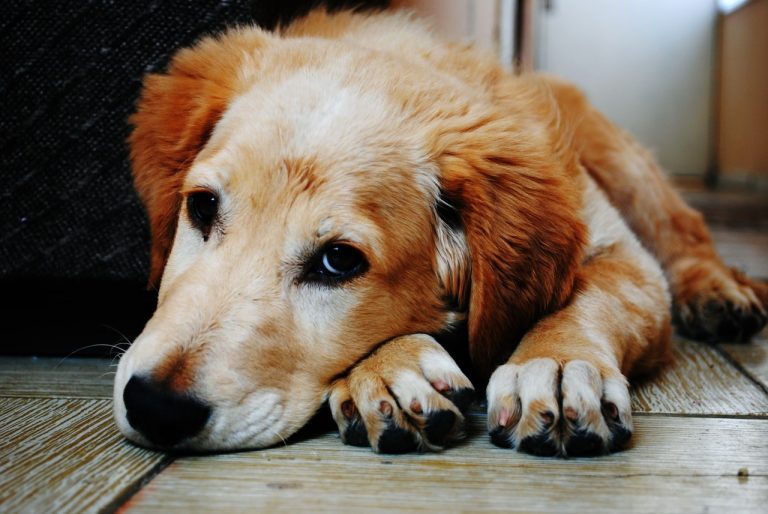Don’t Poison Your Pet With Mouse Poison This Summer…..Or Anytime
 It’s summer, and whether you’re at home, the cabin or a resort, mouse and rat poisons are a lethal threat to your pets. Many people believe that it is ok to use as long as it is put out of reach of pets, but here’s why that’s a danger.
It’s summer, and whether you’re at home, the cabin or a resort, mouse and rat poisons are a lethal threat to your pets. Many people believe that it is ok to use as long as it is put out of reach of pets, but here’s why that’s a danger.
People using poison often place it up high (where it can fall off) or in an inconspicuous corner. The problem is, rodents hoard poison and will move it to a favorite spot—like inside an old shoe, or somewhere undisturbed. Either way, your pet can find it and ingest it.
Fortunately, there are ways to kill rodents without risking your pet’s life.The best thing you can do at home or your cabin is to never use poison; use a mouse trap instead. There are many styles available now to suit your needs. BUT, you never know what neighbors or resort owners use for rodent control.
If you’ve got a pet roaming or if you are in a cabin you don’t own, be vigilant and take these precautions:
1. If traveling, get the name, phone number and hours of a vet clinic near your destination. Add it to your phone before you hit the road.
2. When renting a cabin, first ask the owners if they use rodent poison. If they do—consider staying elsewhere, or ask them to remove it before you arrive. (Even then, there’s a chance that poison may be in the vicinity of your pet.)
3. Inspect the cabin when you arrive. Check shelves and inconspicuous places for small boxes of poison such as D-Con, or little nuggets that resemble cat food or are brightly colored. Google “mouse poison photos” to see examples of the many types of poison to watch for. Check outside around the foundation of the cabin as well.
Often times we are completely unaware that our pet has eaten mouse poison. That’s why it’s important to recognize the symptoms before it’s too late.
SYMPTOMS
Here’s where it gets dicey. There are a variety of poisons that kill in a number of ways. That means, symptoms of poisoning vary, depending on the poison. Here’s a list of symptoms to watch out for. Symptoms vary, of course, with the poison.
• Lethargy
• Difficulty breathing
• Pale gums
• Coughing (especially of blood)
• Vomiting (especially with blood)
• Bloody nose
• Swelling or bruising of the skin
• Collapse
• Bleeding from the gums
• Not eating
• Weakness
• Decreased or increased thirst/urination
• Bad breath
• Tremors
• Anxiety
• Walking “drunk”
• Tremoring
• Seizuring
• Coma
• Drooling
If you see any of these symptoms, contact your vet immediately. If caught early, there are antidotes for some poisons. Call The Bluffs Pet Clinic should you have more questions or see any of the above symptoms in your pet.
Dr. Cook is a 1997 graduate of the Wisconsin School of Veterinary Medicine and purchased The Bluffs Pet Clinic in 2001. She is certified in Veterinary Acupuncture and well versed in the use of Chinese Herbs. In her spare time she can be found playing ball with her Golden Retrievers.

